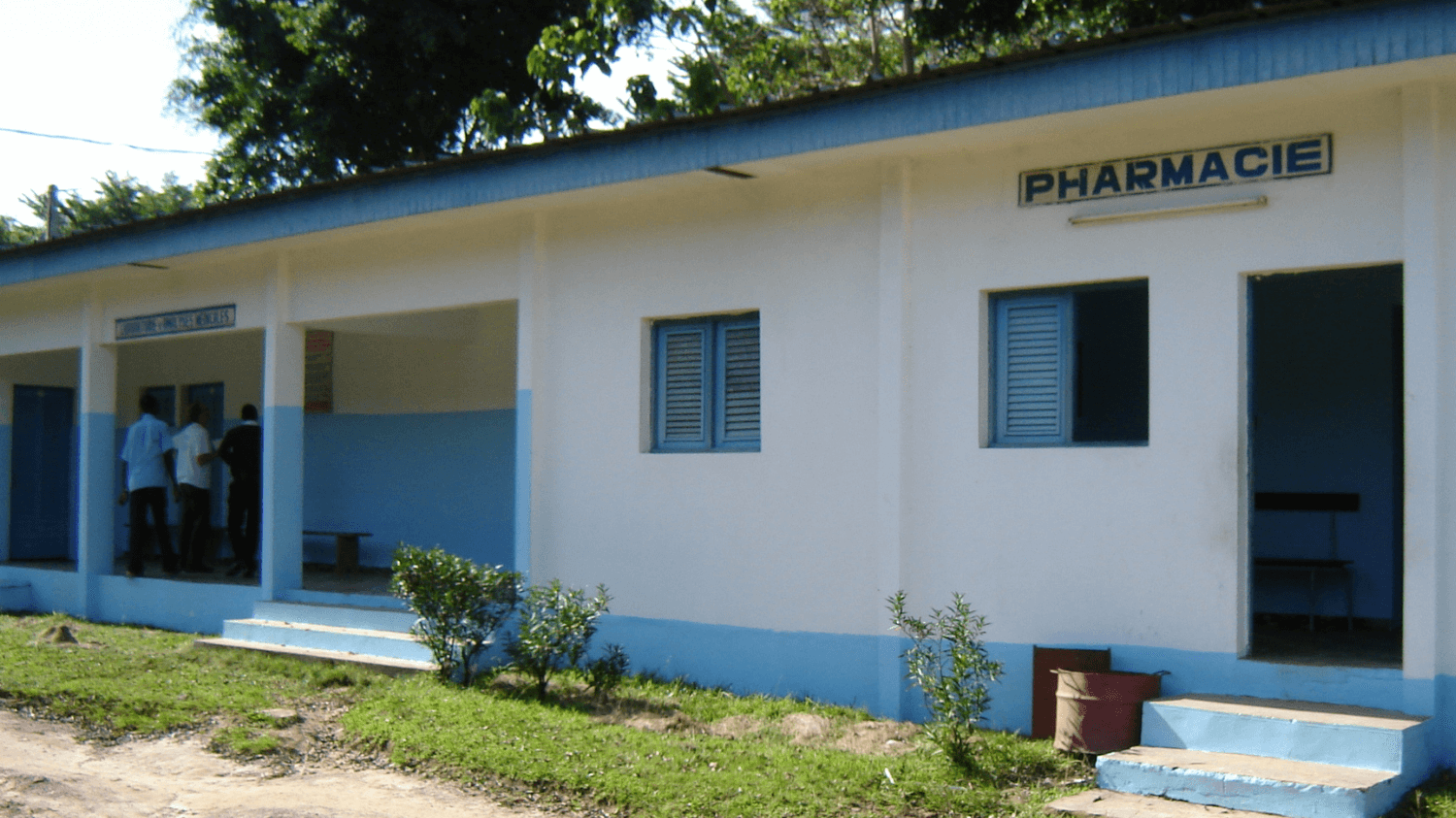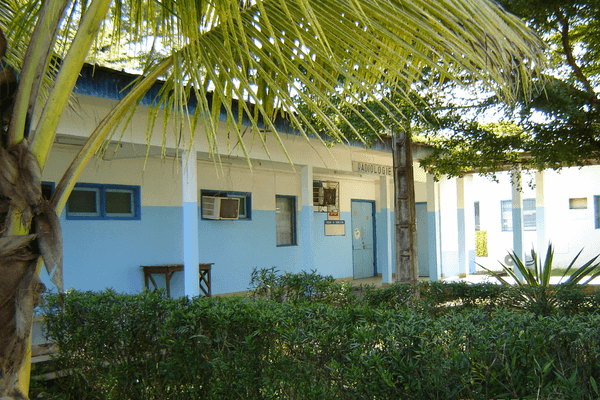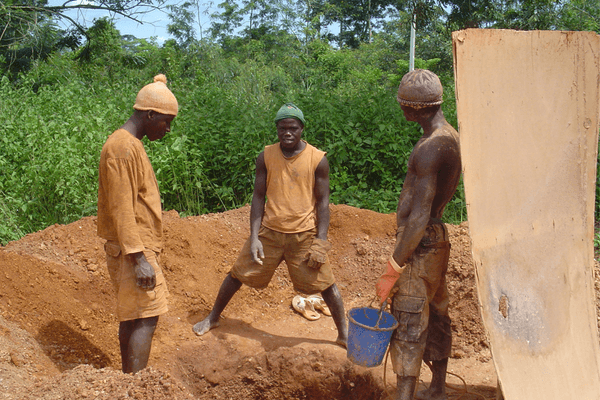Ivory Coast
Our actions there at a glance:
- Improvement of health care
- Renovation and operation of two hospitals
- Construction and operation of a ward for malnourished children
- Care for malnourished children with a mobile unit in the region
Our goals in the Ivory Coast and what we were able to achieve
Until 2011, Cap Anamur renovated and maintained the hospitals in Duekoue and in Boundiali. We provided continuous water and electricity supply and offered people heavily subsidized medicine and treatment. Refugees and the very poor were treated free of charge. We provided vaccinations at both hospitals and additionally treated and cared for malnourished children at the affiliated health centers. To ensure the supply of clean drinking water, we have dug wells in more than 50 villages.
1. location Duekoue
The hospital in Duekoue received construction and technical support from Cap Anamur. Medical personnel were dispatched to care for the population.
- First, the hospital was renovated in such a way that medical care for the population was possible again.
- In a ward built especially for malnourished children, up to 40 children were cared for. Deployed medical professionals were on site.
- After inpatient treatment, the children were subsequently treated by a mobile care unit in their home villages. This mobile unit was also used to care for other malnourished children who could not be treated as inpatients in the surrounding villages.
2. location Boundiali
In our second location, Boundiali, we have rebuilt the hospital and surrounding health stations, and medical staff have taken over patient care.
- After the renovation of the hospital, its operation was ensured by the provision of medicines and the support of deployed professionals.
- Additional health care facilities were operated and supplied in the region.
- In addition to medical facilities, we have also renovated and equipped schools.
During the unrest following the new elections in 2010, we provided additional emergency aid in three hospitals in embattled Abidjan in 2011. After the former president was removed from power and after the UN returned to the country in April 2011 for stabilization, we scaled back our activities and in the following years provided further selective aid in the hospitals, with which we are still in regular and close contact today.








